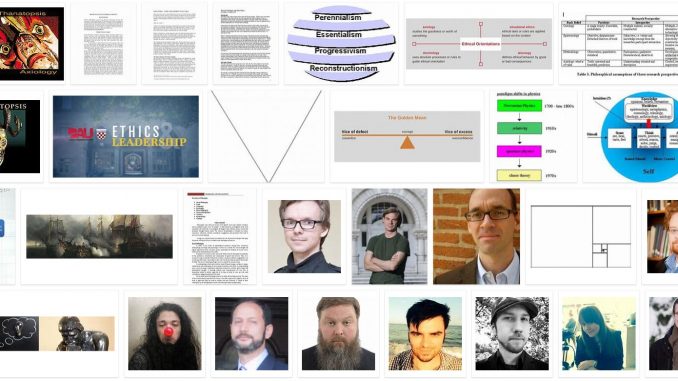
The axiology is a branch of philosophy that studies the values. The axiology also applies to other areas such as Law and Pedagogy, in which axiological issues appear. Sometimes the terms Philosophy of values and Theory of values are used.
This word comes from the French axiology, formed with the Greek terms ἄξιος (‘worthy’, ‘valuable’, ‘with value’) and λόγος ( logos , which in this case can be translated as’ study ‘,’ theory ‘,’ treated ‘).
Philosophical axiology
The axiology is part of the Philosophy, focuses on the study and analysis of the nature and functions of values. Although the concept of axiology begins to be used in the twentieth century, values have already been studied by Philosophy through authors such as Socrates, Plato, Aristotle and Kant.
One of the main themes of philosophical axiology is the objectivity and subjectivity of values. In this area, the so-called ‘negative values’ are also studied, sometimes by opposition of meaning.
Legal axiology
The legal Axiology is the study of legal values in the creation and application of legal rules. It is one of the objects of study of the Philosophy of Law. Sometimes other terms such as Fair Law Theory or Justice Theory are used, highlighting the importance of the value of justice in this area.
The different considerations that can be made around values determine the drafting, approval, application or repeal of legal norms. An example is the study of the value of life and dignity in relation to other values such as justice, responsibility and freedom on issues related to the death penalty or life imprisonment.
Educational axiology
The axiology in education is the study of values from a pedagogical point of view . Different types of values are included in this section, such as ethical, social, cultural and aesthetic.
The study of values is of great importance in this field since it is considered that values, one of the fundamental characteristics in the development of human beings, are likely to be learned, not only as an established system of norms, but from a critical viewpoint.
